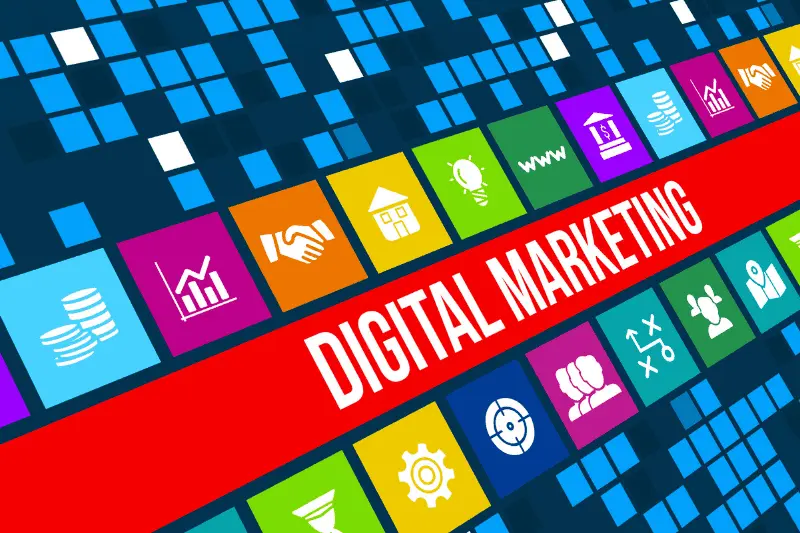In a world where consumer preferences change as rapidly as a flowing river, marketing science serves as the compass that directs brands toward the hearts and minds of consumers. By merging the creativity of marketing with the accuracy of marketing science and scientific analysis, marketing science is revolutionizing how businesses engage with their audiences.
What is marketing science?
At its core, marketing science uses data, analytics, and empirical research to gain insights into consumer behavior and enhance marketing strategies. It transcends traditional marketing by employing scientific methods to forecast results, assess effectiveness, and inform decision-making.
The role of data in marketing science
Data is essential to the field of marketing science. With the rise of digital channels, companies now have access to an extraordinary volume of consumer data. This data encompasses a wide range of information, including browsing habits, purchase history, social media interactions, and demographic details.
By examining this data, marketers can gain important insights into what consumers prefer, the latest trends, and their behaviors. These insights allow businesses to customize their marketing campaigns effectively, making sure the right message gets to the right audience at the right moment.
Key components of marketing science
Customer Segmentation: Marketing science plays a crucial role in breaking down a large consumer base into specific segments that share common traits. This approach enables more focused and personalized marketing strategies.
Predictive Analytics: By employing sophisticated statistical methods and machine learning, marketing experts can anticipate future consumer behaviors and trends. This insight aids in making proactive marketing decisions.
A/B Testing: Experimentation is fundamental to marketing science. A/B testing compares two versions of a marketing asset to see which one performs better. This ongoing process guarantees continuous improvement and optimization.
Attribution Modeling: Understanding how different marketing touchpoints influence consumer conversion is essential. Attribution modeling assigns value to each touchpoint, allowing marketers to identify which channels are the most effective.
Possible future advancements of marketing science
As technology evolves, marketing science is also advancing. The incorporation of artificial intelligence and machine learning is improving the predictive power of marketing models. Furthermore, developments in data privacy and ethical marketing practices are influencing the future landscape.
In a time when consumer trust is crucial, marketing science seeks not just to influence but also to comprehend and honor the consumer journey. By blending the craft of storytelling with thorough scientific analysis, businesses can forge meaningful connections that truly resonate with their audience.
Traditional Marketing vs Marketing Science
| Aspect | Traditional Marketing | Marketing Science |
|---|---|---|
| Decision-Making | Based on intuition and experience | Data-driven, using analytics and empirical research |
| Targeting | Broad and generalized | Precise, utilizing customer segmentation and personalization |
| Predictive Capabilities | Limited, often reactive to market changes | High, with predictive analytics and machine learning models |
| Campaign Optimization | Relies on periodic reviews and adjustments | Continuous optimization through A/B testing and real-time data |
| Measurement of Success | Based on sales figures and basic metrics | Comprehensive, using attribution modeling and detailed KPIs |
| Resource Allocation | Often less efficient, based on historical performance | Highly efficient, guided by predictive models and analytics |
| Consumer Understanding | Limited by surface-level data | Deep insights from diverse data sources |
| Adaptability | Slower to adapt to market changes | Quick adaptation based on real-time data analysis |
| Innovation | Incremental, based on past experiences | Innovative, driven by continuous learning and data experiments |
| Ethical Considerations | Emerging focus | Integral, emphasizing data privacy and ethical practices |
Conclusion
Marketing science serves as a vital link between creativity and data, merging art with analysis. It enables marketers to make well-informed decisions, refine their strategies, and build stronger relationships with consumers. In this constantly changing landscape, maintaining a competitive edge demands a mix of curiosity, creativity, and a dedication to ongoing learning.








